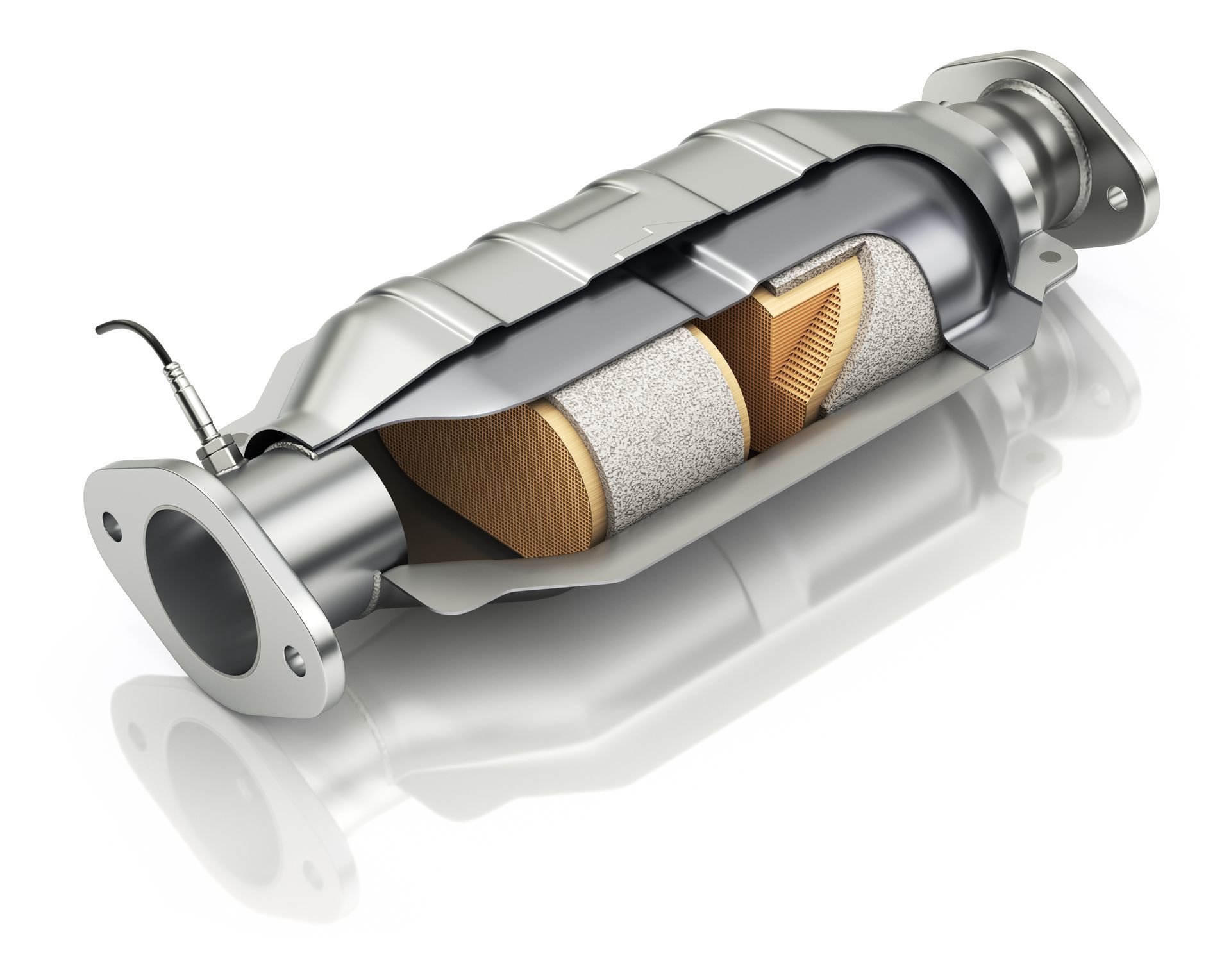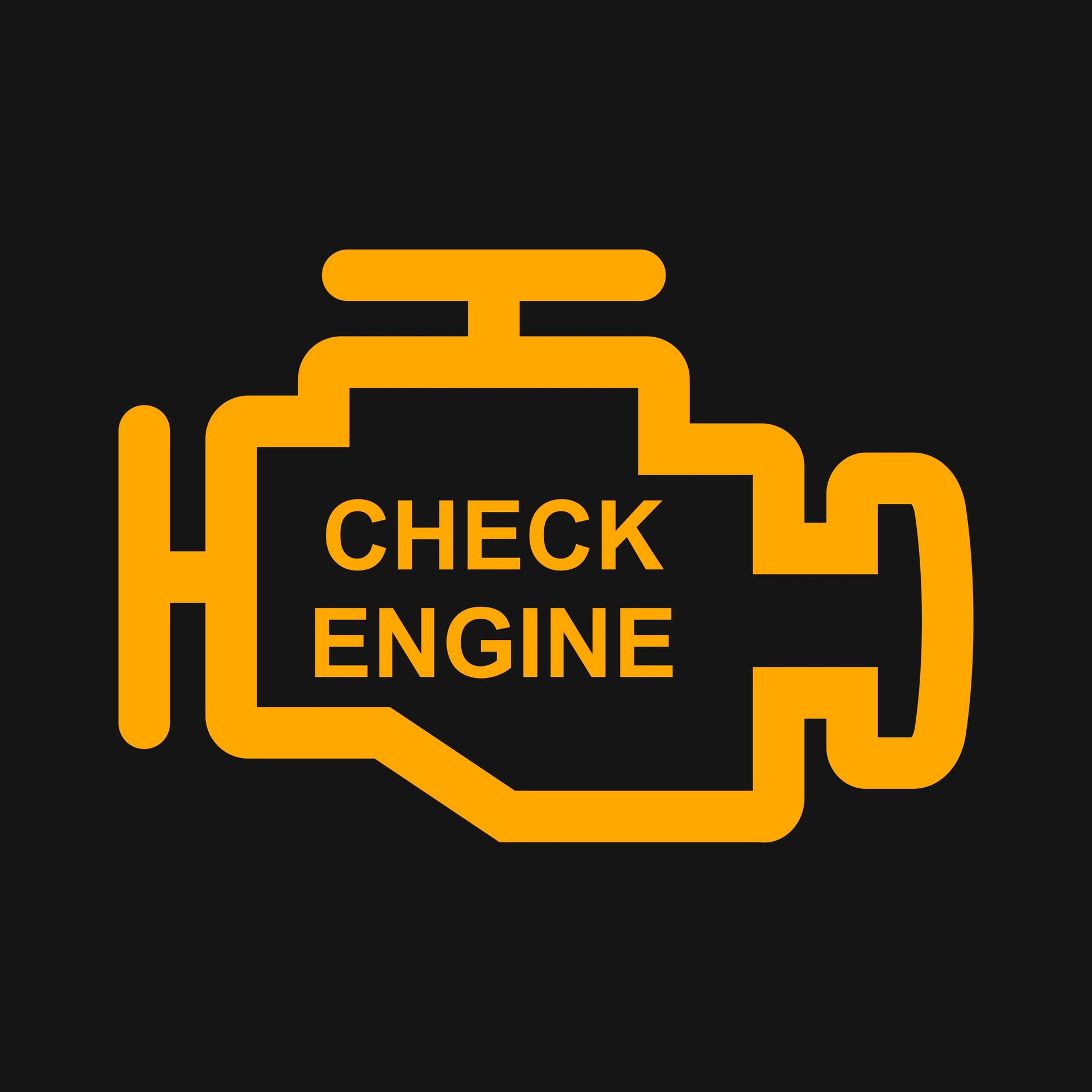Buying a used German car can feel like getting away with something. You get the performance and the quiet confidence without paying new-car money. There is a catch, though. These cars reward careful owners, and a quick look in a parking lot probably will not reveal what you need to know. A thorough pre-purchase inspection may save you from surprise repairs and a bruised wallet.
Below are ten inspection points worth tackling before you sign anything.
1. Engine Oil Leaks and Residue
German engines, especially turbocharged or high compression versions, tend to seep once the miles add up. Look around the valve cover perimeter, the oil filter housing, the oil pan, and the rear main seal area. A light mist can look harmless but may hint at a gasket that will get worse. If you smell burnt oil after a drive, or see smoke near the firewall, that often points to valve cover leaks.
2. Timing Chain or Belt Condition
Some models use chains, others use belts. Either way, timing components keep the engine in sync. A stretched chain may rattle on cold starts and cause uneven running. Belts have service intervals that are easy to miss on a second owner. Ask for records and listen at startup. If service history is thin, budget for replacement sooner rather than later.
3. Suspension Wear
Precise handling comes from complex front and rear setups that use multiple control arms and bushings. Those parts wear. On a test drive, listen for clunks over low-speed bumps and note any steering shimmy at highway speeds. Uneven inner tire wear often suggests tired control arm bushings or an alignment that cannot be held.
4. Brake System Health
Big rotors and strong calipers are great until they are not. Check pad thickness, rotor condition, and look for heat spots or grooves. A soft pedal or a pulse under light braking may indicate air in the system or warped rotors. Brake fluid should be changed every two to three years. If the color is dark or the service date is unknown, plan on a flush.
5. Transmission Operation
Modern automatics and dual-clutch units shift cleanly when healthy. Hard upshifts, hesitation leaving a stop, or flare between gears may suggest overdue fluid changes or internal wear. Even if the sticker says lifetime fluid, many owners choose to service it around 60 to 80 thousand miles. Ask what has actually been done, not just what the book says.
6. Cooling System Function
These engines run warm by design, so small weaknesses show up quickly. Look for pink or blue residue around hose joints, the water pump, and the radiator end tanks. Watch the temperature gauge on a long test drive. Slow warm-up or sudden swings can point to a sticky thermostat. Dried coolant trails on the undertray are another quiet warning.
7. Electrical System and Modules
From adaptive lights to seat modules, electronics are everywhere. Test every window, mirror, lock, and light. Make sure the infotainment boots up cleanly and pairs with a phone. A basic scan of the computer systems may reveal stored faults even without a warning light. One or two historic codes is normal. A laundry list usually is not.
8. Turbocharger Health
For turbo models, pay attention to smoke on start or after a hard pull. Blue smoke may suggest oil getting past turbo seals. A high-pitched whine that rises with boost can mean bearing wear. Also check for loose or oily charge pipes. A small split in an intercooler hose can mimic a bigger problem and is a relatively simple fix if caught early.
9. Undercarriage and Exhaust
Get the car on a lift if possible. Surface rust on hardware is common in wet climates, but structural rust on subframes or brake lines is a bigger deal. Check heat shields, exhaust hangers, and plastic undertrays. Missing fasteners point to prior work that was rushed. Fresh undercoating in just one area may be hiding a repair.
10. Service History and Ownership Records
A neat folder of receipts tells a story. Regular oil changes, coolant service, spark plugs, and brake fluid changes matter more on these cars than on most. Gaps in the timeline are not always a deal breaker, but they do change the price conversation. If the seller cannot explain what was done and when, assume you will be catching up.
Schedule a Pre-Purchase Inspection at German Excellence in Winter Park, FL
A used German car can be a great buy when it has been maintained, and that is easier to confirm with a proper inspection. At
German Excellence in Winter Park, FL, we check the items above and the small details that are easy to miss. If you want a straightforward yes, no, or not at this price, we can give you that. Book your pre-purchase inspection and move forward with confidence.




